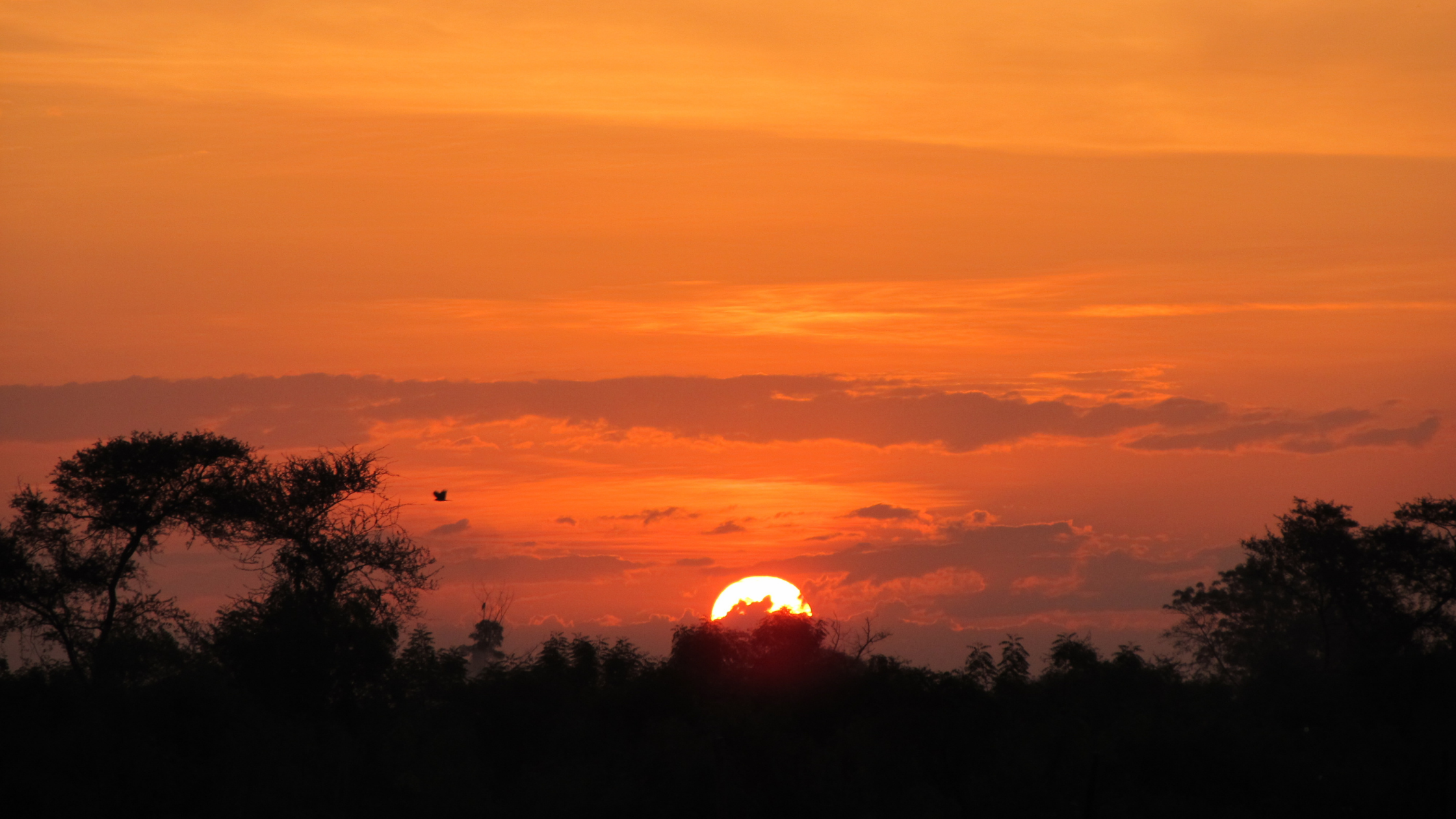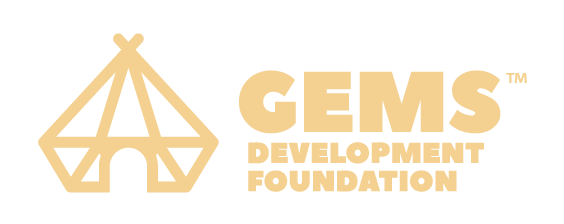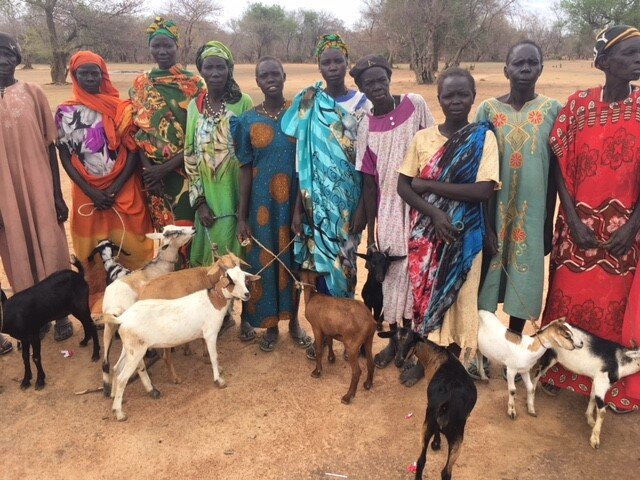
Goat Project in South Sudan
Fighting Hunger in South Sudan - One Goat at a Time
As the herd multiplies we buy back excess goats and donate them to villages nearby, where the cycle begins anew. The villagers can use the proceeds from these transactions to invest in personal and local ventures such as education, business, or building a local medical center like the village of Majak Goi is doing.
Our Nubian she-goats originate from the Middle East and adapt easily to hot environments. They thrive on the weeds and plants that humans can’t digest and can produce over 1 liter of nutrient-rich milk every day. In fact, Nubian goat milk has the highest milk-fat content of all goat breeds!
Trust through Transparency
You will receive a certificate via email within one week. See example certificates here!
You will receive photographic proof of delivery within 6 months
Giving this goat as a gift?
Fill out the form that will pop-up after you add the goat donation to your cart.
Choose Your Donation
Donation Breakdown
Purchase of Goat: $42.00
Onsite Staff: $8
Transport: $4
Goat Food: $7
Vet Fees: $3
Operation Costs: $11
How Goats Help Fight Hunger
The GEMS Development Foundation has donated over 18,000 female goats to returning refugees in South Sudan. Years of civil war and unrest have decimated the herds from the herdsmen tribes in South Sudan. As the nation attempts to stabilize, our goats cultivate hope in families who are literally starting from scratch.
One she-goat can produce over 1 liter of nutrient-rich milk every day. The Nubian goats that we purchase originated in the Middle East and thrive on weeds and plants that humans can't digest and have the highest milk-fat content of all goat breeds.
Goat milk is considered high quality protein, a good source for calcium and fat, and a good source of riboflavin, which is important for the body's energy production.
With over 60% of the population experiencing extreme hunger, we have been surprised to see the direct results of having a goat can have on a families nutrition. As the milk supplements their diet, we've seen the tell-tale signs of starvation (red-tinted hair, bloated bellies, yellowing eyes, decaying teeth) fade away within a year. As we return to these villages, it's almost impossible to recognize them.
One goat opens a world of survival and allows a family to have the safety net to pursue education and micro-business.












Luka just delivered another 200 goats to the village of Marol Diluit, in Aweil East County. As you can see in the pictures we still need to work with Luka and the group on practicing social distancing.